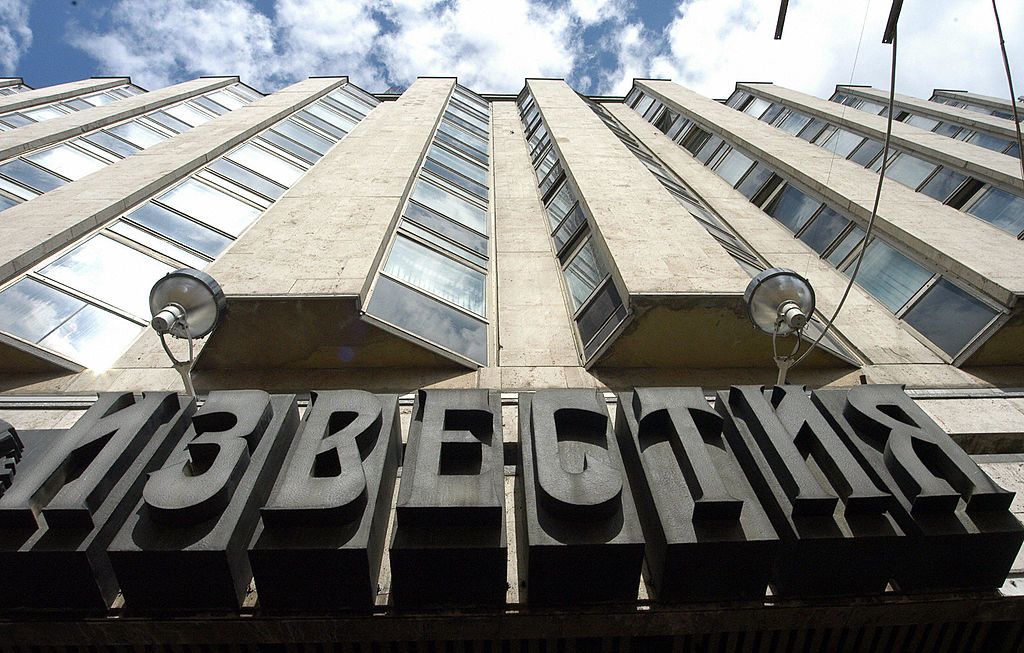EU ambassadors have agreed on a ban on four key Russian propaganda outlets, including Rossiyskaya Gazeta, Voice of Europe, RIA Novosti, and Izvestiya. This decision was made in response to a Czech government announcement in March that uncovered a Moscow-financed propaganda network linked to Ukrainian oligarch Viktor Medvedchuk, using Voice of Europe to spread disinformation. Russian state-owned outlets Rossiyskaya Gazeta and RIA Novosti, along with state-controlled Izvestiya, were targeted by the ban. In the past, the EU had also banned other Russian propaganda outlets such as RT and Sputnik. In response, Russian Foreign Ministry spokesperson Maria Zakharova threatened retaliatory measures against Western media operating in Russia.
The Russian government has been cracking down on independent media by passing a bill in May to expand media bans to include foreign state-funded organizations like the BBC and Radio Free Europe/Radio Liberty (RFE/RL). This move furthers the restrictions on free press in Russia and limits the flow of information to the public. The EU has taken a stand against Russian propaganda outlets in an effort to combat disinformation and uphold democratic values. However, Russia has warned of reciprocal measures against Western journalists if any Russian media outlet faces restrictions.
The Czech government’s discovery of a Moscow-financed propaganda network highlights the extent to which Russia is seeking to influence European politics and public opinion, particularly against supporting Ukraine. Viktor Medvedchuk, a Kremlin-linked former Ukrainian oligarch, and Artem Marchevskyi were named as key figures in this network. By using Voice of Europe to spread disinformation, they aimed to sway European elections and shape perceptions of Ukraine. This revelation underscores the importance of remaining vigilant against foreign propaganda and safeguarding the integrity of democratic processes.
The ban on Russian propaganda outlets by the EU reflects a broader effort to counter disinformation and uphold democratic values in the face of external influence. By targeting state-owned and state-controlled media outlets, the EU aims to limit the spread of false narratives and ensure that accurate information reaches the public. The inclusion of Rossiyskaya Gazeta, RIA Novosti, Izvestiya, and Voice of Europe in the ban signifies a unified stance against Russian propaganda and its detrimental effects on democracy and public discourse.
The threat of retaliatory measures by Russia against Western journalists highlights the delicate balance between press freedom and national security concerns. While countries have the right to protect themselves from foreign interference and propaganda, it is essential to uphold the principles of free speech and independent journalism. The EU’s actions against Russian propaganda outlets signal a commitment to defending democratic values and countering attempts to manipulate public opinion. As the media landscape continues to evolve in the digital age, staying vigilant against disinformation is crucial to safeguarding the integrity of democratic societies.


